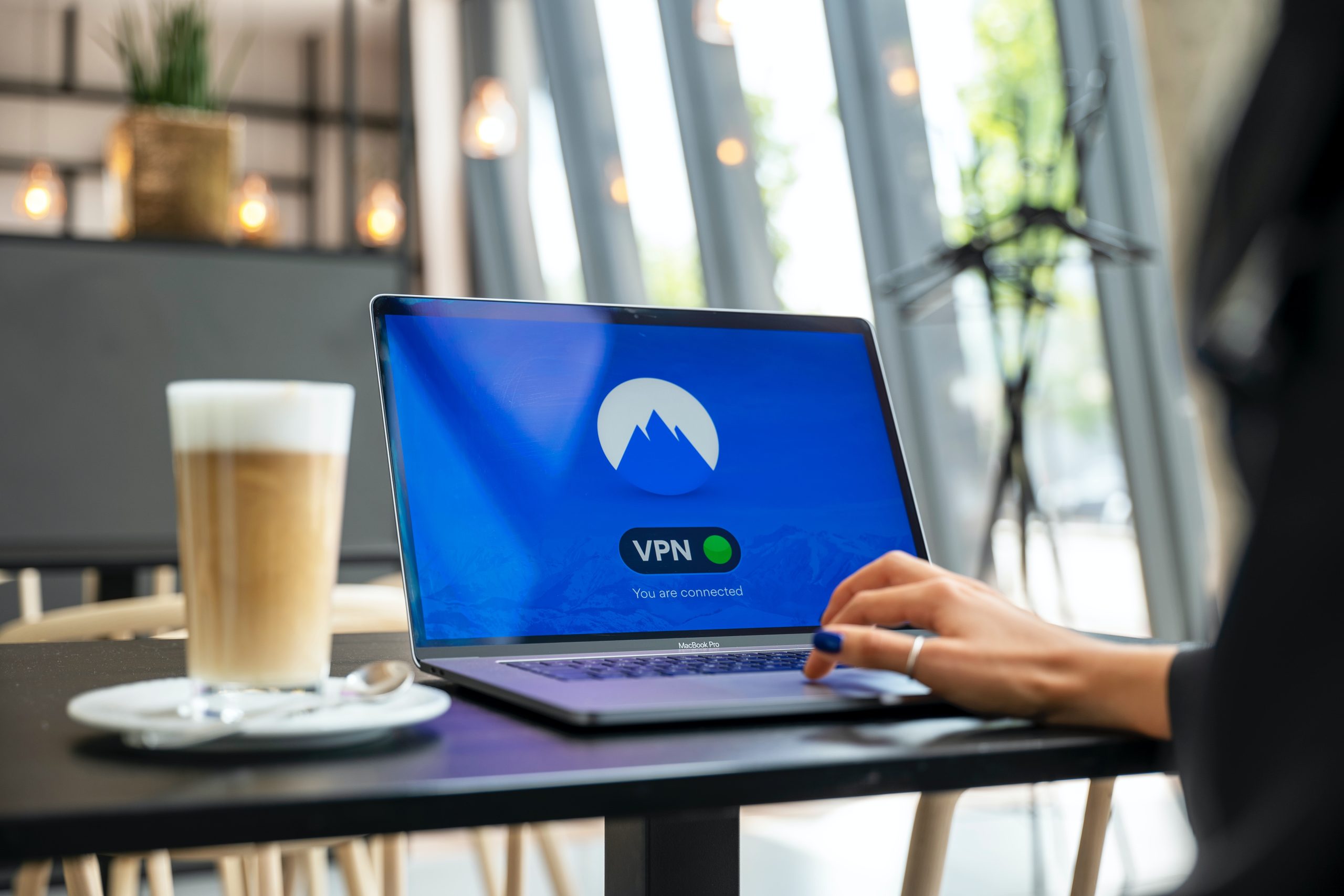In recent years, the use of Virtual Private Networks (VPNs) has become increasingly popular among internet users. VPNs provide a secure and private way to browse the internet, protecting users’ online privacy and security. However, like any technology, there are both pros and cons to using a VPN. In this article, we’ll explore the advantages and disadvantages of using a VPN, so you can make an informed decision about whether it’s right for you.

Pros:
1. Security
One of the main benefits of using a VPN is that it provides a layer of security to your online activities. VPNs encrypt your internet connection, which means that your data is unreadable to anyone who intercepts it. This makes it harder for hackers, ISPs, or government agencies to spy on your online activities, steal your data or monitor your browsing history.
2. Privacy
In addition to providing security, VPNs also help protect your privacy. Your online activities can be tracked by various entities such as advertisers, marketers, or even your ISP. By using a VPN, you can keep your browsing habits private, as your online activities will be hidden from your ISP or any other entities that might want to monitor your activities.
3. Access to Restricted Content
VPNs can also help you access content that might be restricted in your location. By connecting to a server in another country, you can bypass geo-restrictions and access content that would otherwise be unavailable in your region. For example, if you’re traveling abroad and want to access a streaming service that’s only available in your home country, you can use a VPN to connect to a server in your home country and access the service.
4. Safe Public Wi-Fi
Public Wi-Fi networks are often unsecured, making it easy for hackers to intercept your data. By using a VPN, you can secure your connection and protect your data when using public Wi-Fi networks. This is especially important if you need to do online banking, send sensitive emails, or access other sensitive information while on a public Wi-Fi network.
5. Anonymity
VPNs can also help protect your anonymity online. By hiding your IP address and location, you can browse the internet anonymously, which can be useful if you want to protect your identity or avoid being tracked online.

Cons:
1. Slower Internet Speed
VPNs can slow down your internet speed, as all your data has to be encrypted and routed through a remote server. This can be especially noticeable if you’re using a VPN to connect to a server in a different country. However, the degree of the slowdown will depend on various factors, such as the location of the server and the strength of your internet connection.
2. Cost
While there are free VPNs available, most reputable VPNs require a monthly or yearly subscription fee. The cost of a VPN can be a significant disadvantage for some users, especially if they only need it for occasional use.
3. Not 100% Secure
While VPNs do provide a layer of security to your online activities, they are not 100% secure. VPNs can still be hacked or breached, and if that happens, your data may be compromised. It’s essential to choose a reputable VPN provider and use strong passwords to reduce the risk of a breach.
4. Legal Issues
While using a VPN is legal in most countries, some countries have laws that prohibit or restrict the use of VPNs. For example, China and Russia have strict laws that regulate the use of VPNs, and using one in these countries can result in severe penalties. It’s essential to research the laws in your country before using a VPN to avoid any legal issues.
5. Trust Issues
VPN providers can access your online activities, so it’s crucial to choose a trustworthy VPN provider. There have been instances of VPN providers can access your online activities, so it’s crucial to choose a trustworthy VPN provider. There have been instances of VPN providers logging users’ data or sharing user data with third parties. It’s important to do your research and choose a VPN provider that has a proven track record of protecting user privacy.
6. Complexity
Setting up and using a VPN can be more complex than simply using the internet without one. Some users may find it challenging to set up a VPN, especially if they’re not familiar with the technical aspects of it. Additionally, using a VPN may require more effort to troubleshoot if issues arise.
In conclusion, VPNs provide numerous benefits, such as enhanced security, privacy, and access to restricted content. However, they also have their disadvantages, such as slower internet speeds, cost, and legal and trust issues. When considering whether to use a VPN, it’s essential to weigh the pros and cons and consider your specific needs. If you’re someone who values privacy and security and frequently uses public Wi-Fi networks or wants to access content that’s restricted in your location, then a VPN might be a good option for you. However, if you only need occasional internet security and privacy, or you don’t want to deal with the added complexity and cost of using a VPN, then it might not be necessary for you. Ultimately, the decision to use a VPN should be based on your individual needs and priorities.
Antonia Zivcic
Related posts
New Articles
How to Separate Audio Into Instruments Using Filmora
Have you ever listened to a song and wished you could remove everything except the piano? Or maybe just keep…


